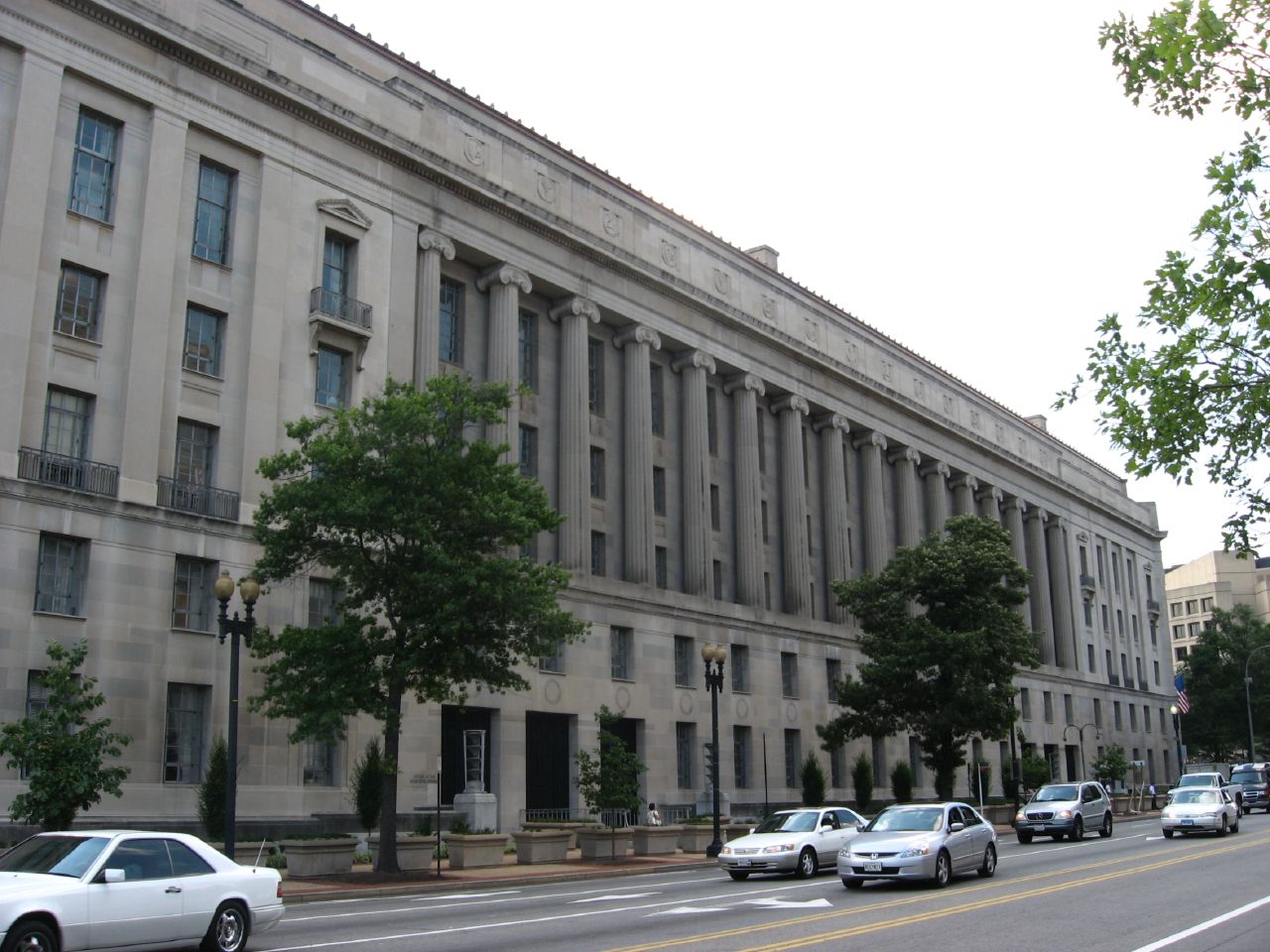
The New York Times remembers the heady days of a year ago when a single Bitcoin was worth nearly $20,000 and everyone was getting “hilariously rich.” The Times chronicles the downfall of cryptocurrency, while noting that some believe that the fallout is good for the development of blockchain-based products.
“It’s painful to lose money, but it’s a necessary step,” The Times quoted VC Robert Neivert as saying. “2018 was about moving from hype to product.”
Following on that theme, BTC Manager published an article positing that even the death of cryptocurrency does not mean that blockchain technology is dead.
“The truth is we are moving towards a much more mature market in which only the fundamentally strong projects survive,” the article says. “Additionally, it is distracting from a straightforward fact; blockchain remains to be the next big thing to disrupt business and industry.”
And, if you ever do move forward on that blockchain-based project, beware of the regulatory traps you could fall into. This article in CIO Review outlines some of the regulatory issues you’ll need to be aware of including money transmitter laws, securities regulations, derivatives trading requirements and tax laws.






